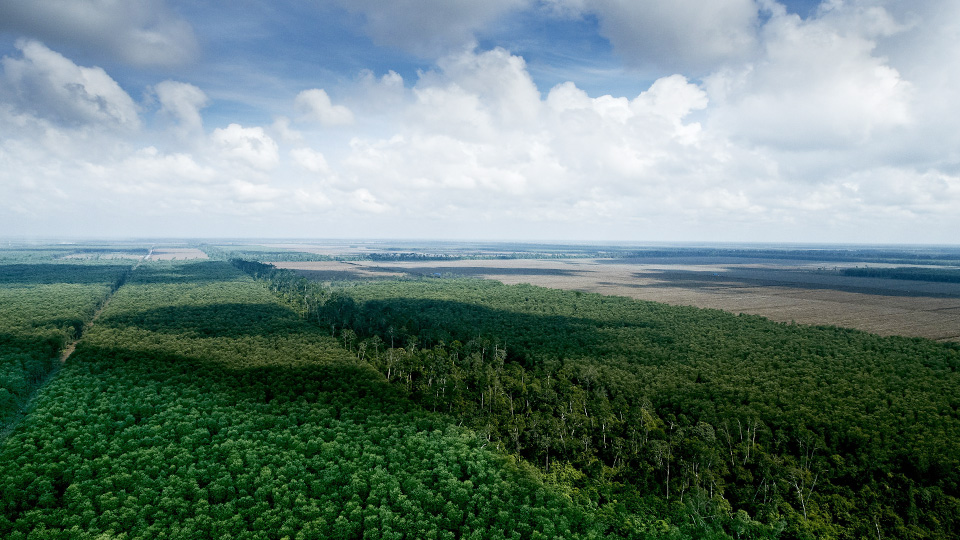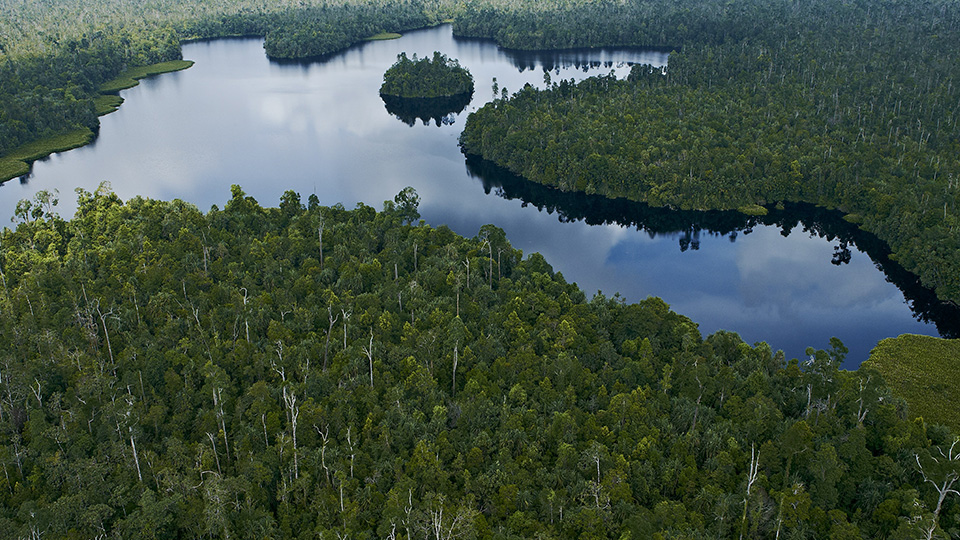- Details
The pandemic has severely disrupted global tourism. It's time to embrace sustainable tourism development.
When the world went into lockdown in March 2020, some of the most striking images shared on social media were those of empty airport lounges and unused planes idly parked under bright blue skies. According to the United Nations World Tourism Organization (UNWTO), international tourist arrivals dropped around 74 percent in 2020 from the previous year, which peaked at 1.5 billion. In effect, the world's fastest-growing economic sector was put to a halt by covid-19. For many developing countries in the Asia-Pacific region, where tourism is a major source of income, the impact has been devastating.
Perhaps no other island in Indonesia is more prominent than Bali when it comes to global tourism. In 2020, Bali witnessed an 85 percent drop in visitors. Hotels, restaurants, and attractions were forced to shut their doors. With the tourism sector representing 80 percent of the island’s economy, residents struggled to make ends meet. Many ex-hotel workers went back to their villages, tilling their land for agriculture or going back to seaweed farming. Then, the question arises: Has Bali become unsustainable?
Read more: Transforming Tourism: For A Sustainable and Resilient Future
- Details
We can choose all kinds of food to satisfy our hunger and excite our taste buds, but which ones are actually good for us and the environment?
In the midst of the pandemic, we ought to be extra careful in choosing the foods we consume; and plant-based foods may be the answer we’re looking for. Aside from the nutritious facts that plant-based foods lowers the risk of heart disease, these particular foods are also known to be more environmentally friendly and therefore, more sustainable.
As the term suggests, plant-based foods focus on ingredients primarily sourced from plants, ie fruits and vegetables, nuts and seeds, beans and legumes, whole grains and oil.

Contrary to popular belief, however, those who incorporate plant-based foods in their diets are not necessarily completely averse to meat products; instead, they simply increase the portion of plant-based meals served on their plates. Nevertheless, increased exposure to plant-based meals often leads to a significant change in one’s general diet.
- Details
It’s a day to be happy! The United Nations (UN) has proclaimed March 20 as the International Day of Happiness to recognize the importance of three key aspects that will lead to human well-being and happiness: reducing inequality, ending poverty, and protecting our planet.
For APRIL, happy employees are crucial to our business. Celebrating this day, we spoke to five of our employees to learn how they find happiness at APRIL.

- Details
APRIL Group’s commitment to the long term conservation and restoration of forest landscapes was highlighted during a panel discussion at the World Economic Forum last month. Speaking on a panel titled ‘Building a Net-Zero, Nature-Positive Economy’, RGE Managing Director Anderson Tanoto provided an update on the company’s investment in its restoration programs and shared his thoughts on the need for integrated approaches to climate change and nature loss mitigation.
The panel discussion also featured UNEP Executive Director Inger Andersen, China Society for Finance and Banking’s Chairman of the Green Finance Committee Ma Jun, Federal Minister of Climate Change and Adviser to the Prime Minister of Pakistan Malik Amin Aslam, and Greenpeace International Executive Director Jennifer Morgan.
Anderson Tanoto touched on a variety of topics concerning the opportunities and challenges in how businesses can positively impact nature. Referencing APRIL Group’s US$100 million commitment to conservation and restoration, announced at the 21st Conference of Parties (COP21) in Paris in December 2015, Anderson Tanoto explained this unprecedented commitment demonstrated the company’s efforts to tie business together with nature as capital. This commitment involves matching the areas of forest conservation and restoration with the plantations owned by APRIL, in line with the company’s production-protection model.

Read more: APRIL’s Commitment to Conservation - Anderson Tanoto at WEF




